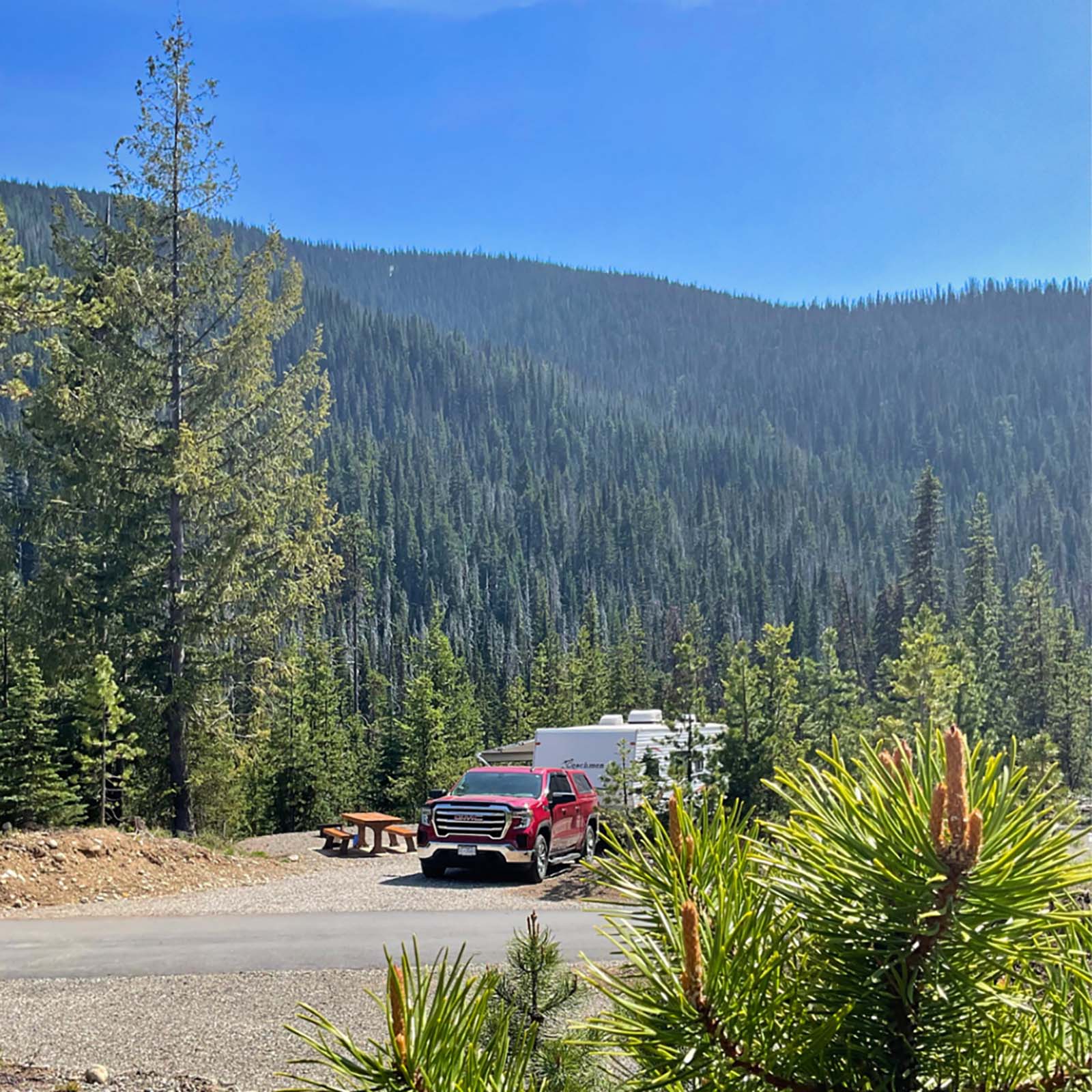H2: Tips to Store RV Batteries during Winter H3: Why Winter Storage is Important for RV Batteries H3: Clean and Dry Batteries before Storage H3: Disconnect and Remove Batteries H3: Maintain Battery Charge H3: Protect Batteries from Extreme Temperatures H3: Keep Batteries in a Ventilated Space H3: Avoid Storing Batteries on Concrete H3: Prevent Battery Drain by Disconnecting Parasitic Loads H3: Perform Regular Battery Maintenance H3: Reconnect and Recharge Batteries Properly in Spring

H2: Why Winter Storage is Important for RV Batteries Properly storing RV batteries during winter is crucial in order to maintain their performance and extend their lifespan. Cold temperatures can have a negative impact on battery capacity, leading to reduced efficiency and potential damage. By taking the following steps, you can ensure that your batteries remain in good condition throughout the winter months.
H2: Clean and Dry Batteries before Storage Before storing RV batteries for winter, it is important to clean and dry them thoroughly. Start by removing any corrosion or dirt using a mixture of baking soda and water. Scrub the surface gently with a brush or sponge, and rinse with clean water. Once clean, allow the batteries to air dry completely before moving on to the next step.
H2: Disconnect and Remove Batteries To prevent battery drain during winter storage, it is essential to disconnect and remove the batteries from the RV. Start by turning off all electrical systems and disconnecting the negative cable first, followed by the positive cable. Next, carefully remove the batteries from their compartment and place them on a stable surface.

H2: Maintain Battery Charge Keeping the batteries charged during winter storage is crucial to prevent sulfation and ensure their readiness for the next camping season. A battery maintainer or trickle charger can help maintain the charge level. Before connecting the charger, ensure that it is designed for your battery type and follow the manufacturer’s instructions carefully.
H2: Protect Batteries from Extreme Temperatures Extreme temperatures can negatively impact the performance and lifespan of RV batteries. To protect them from freezing temperatures, store them in a climate-controlled area such as a garage or basement. If a climate-controlled space is not available, consider using insulation blankets specifically designed for battery storage.
H2: Keep Batteries in a Ventilated Space While it is important to protect RV batteries from extreme temperatures, it is equally crucial to store them in a well-ventilated area. Batteries naturally emit hydrogen gas, which can be dangerous in enclosed spaces. Ensure that the storage area is well-ventilated to allow proper dispersion of any gases and prevent any potential accumulations.

H2: Avoid Storing Batteries on Concrete Contrary to popular belief, storing RV batteries directly on concrete can lead to their discharge and potential damage. Concrete can conduct electricity and act as a path for current discharge. To prevent this, use a non-conductive surface such as a wooden board or rubber mat when storing batteries.
H2: Prevent Battery Drain by Disconnecting Parasitic Loads To avoid unnecessary battery drain during winter storage, make sure to disconnect any parasitic loads. These loads might include devices such as alarms, clocks, or radios that constantly draw power from the battery. By disconnecting these loads, you can ensure that the batteries remain charged and ready for use in the spring.
H2: Perform Regular Battery Maintenance Even during storage, it is important to perform regular battery maintenance. Check the battery’s voltage and charge levels periodically and recharge if necessary, following the manufacturer’s instructions. Additionally, inspect the batteries for any signs of leakage or damage and address any issues promptly.
H2: Reconnect and Recharge Batteries Properly in Spring When the camping season resumes, it is important to reconnect and recharge the RV batteries properly. Begin by cleaning the battery terminals and reconnecting the positive cable first, followed by the negative cable. Then, fully charge the batteries using an appropriate charger. By following these steps, you can ensure that your batteries are ready for use when needed.

